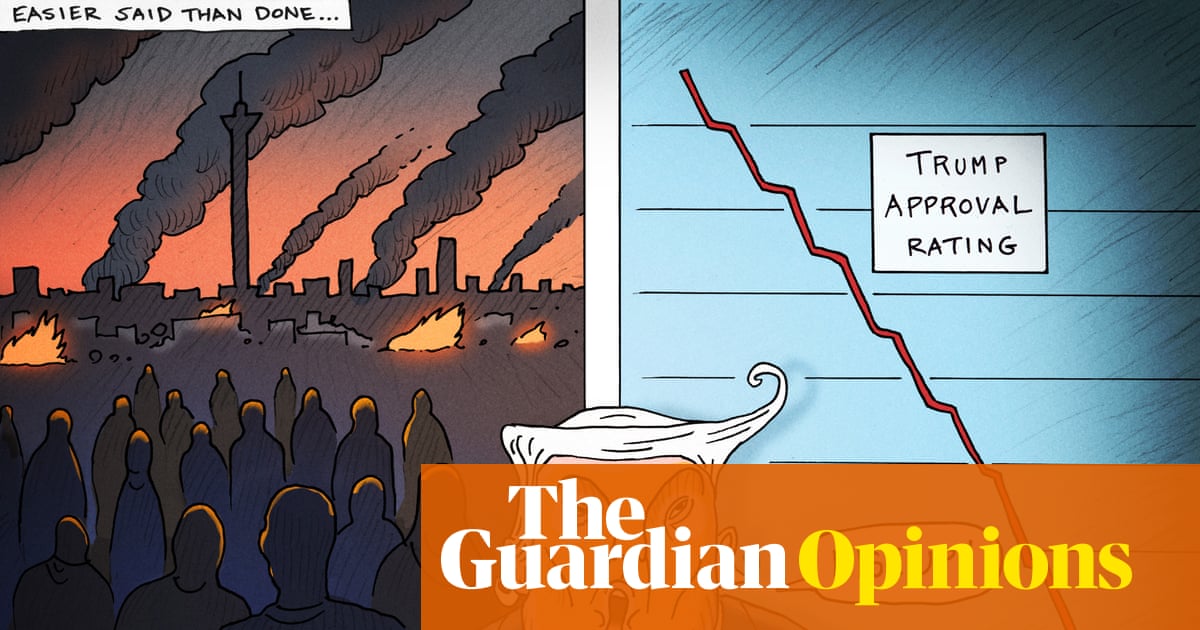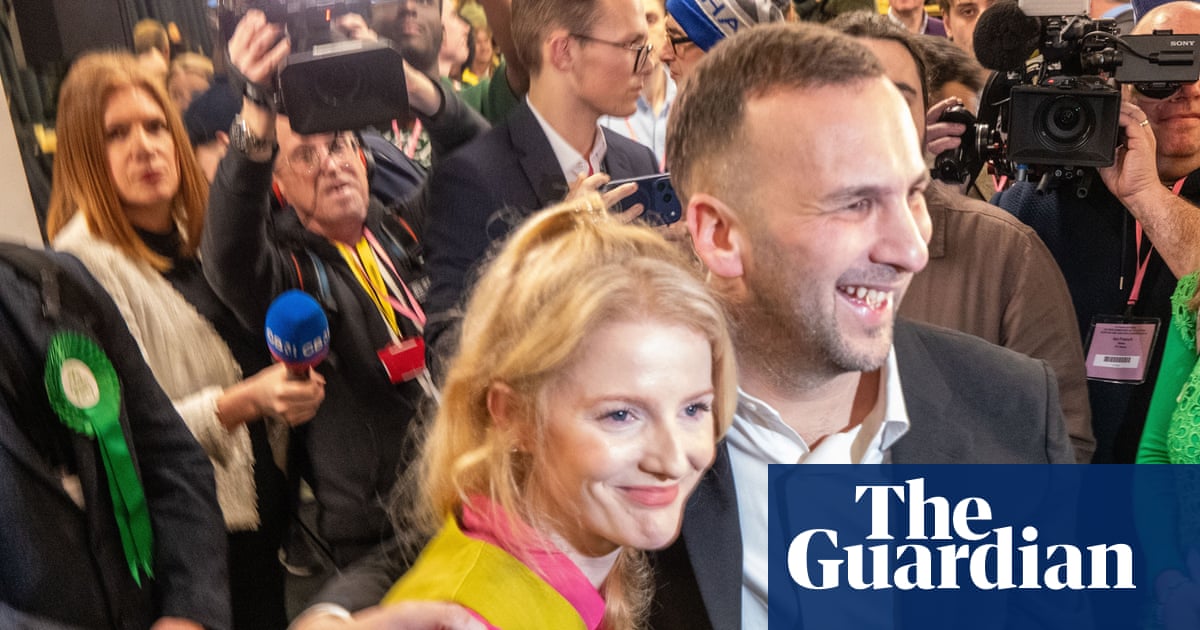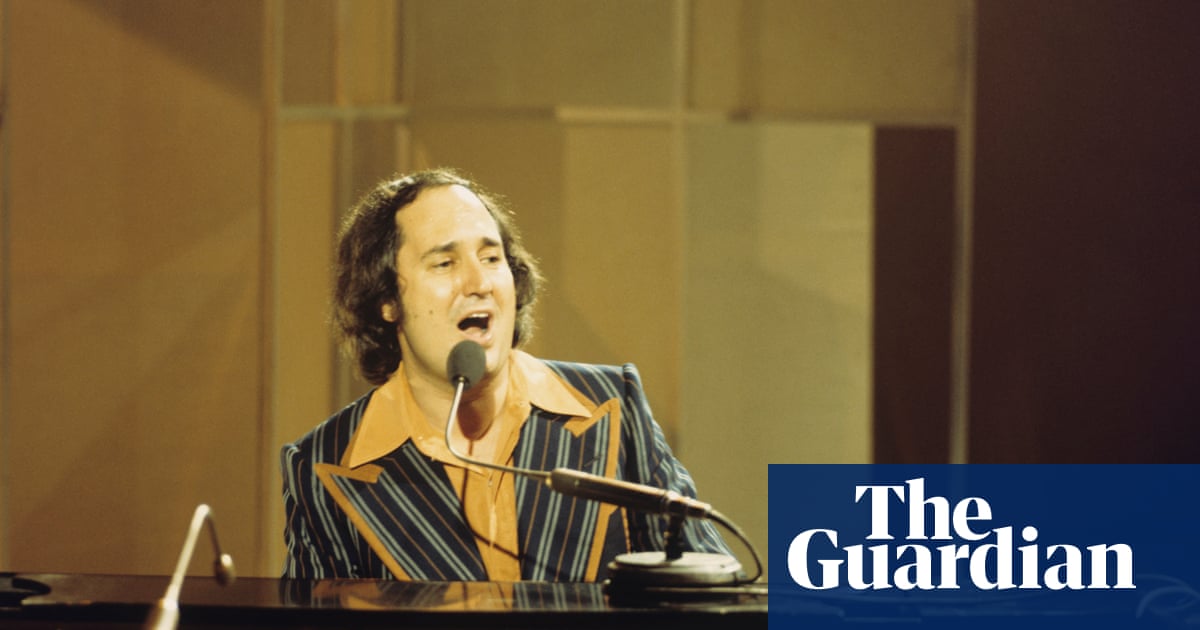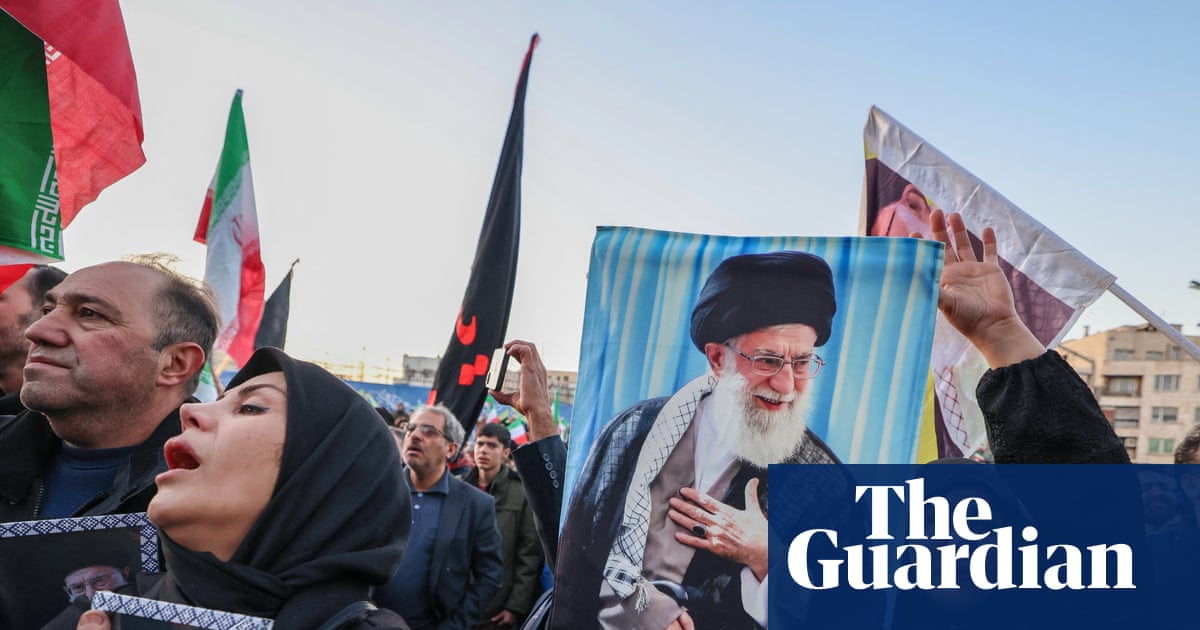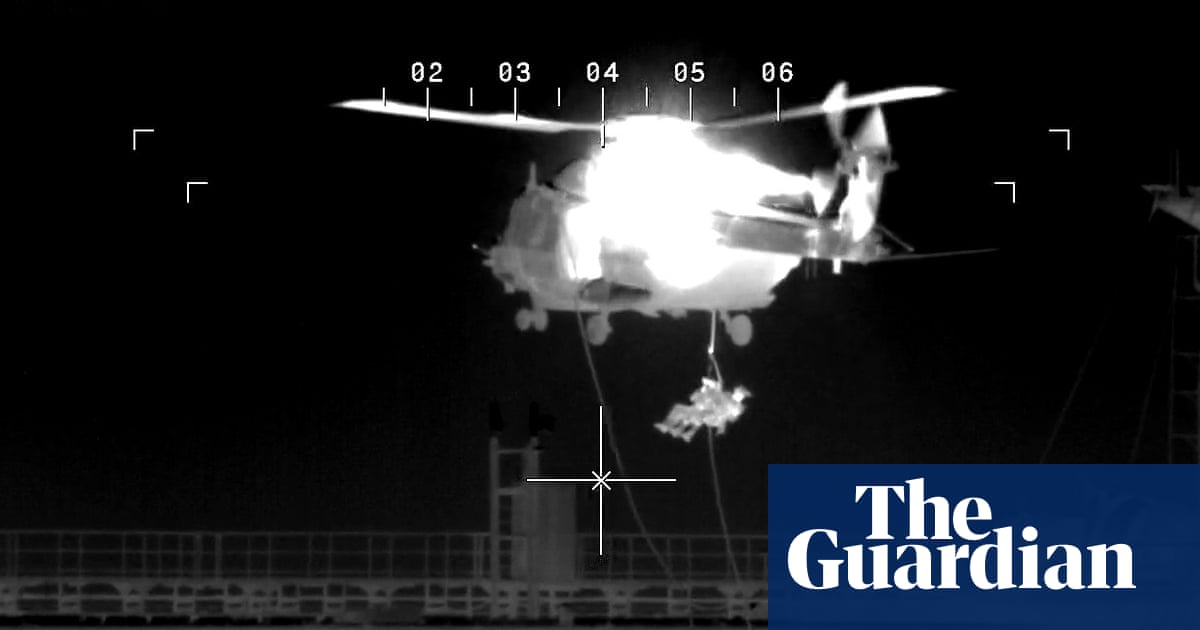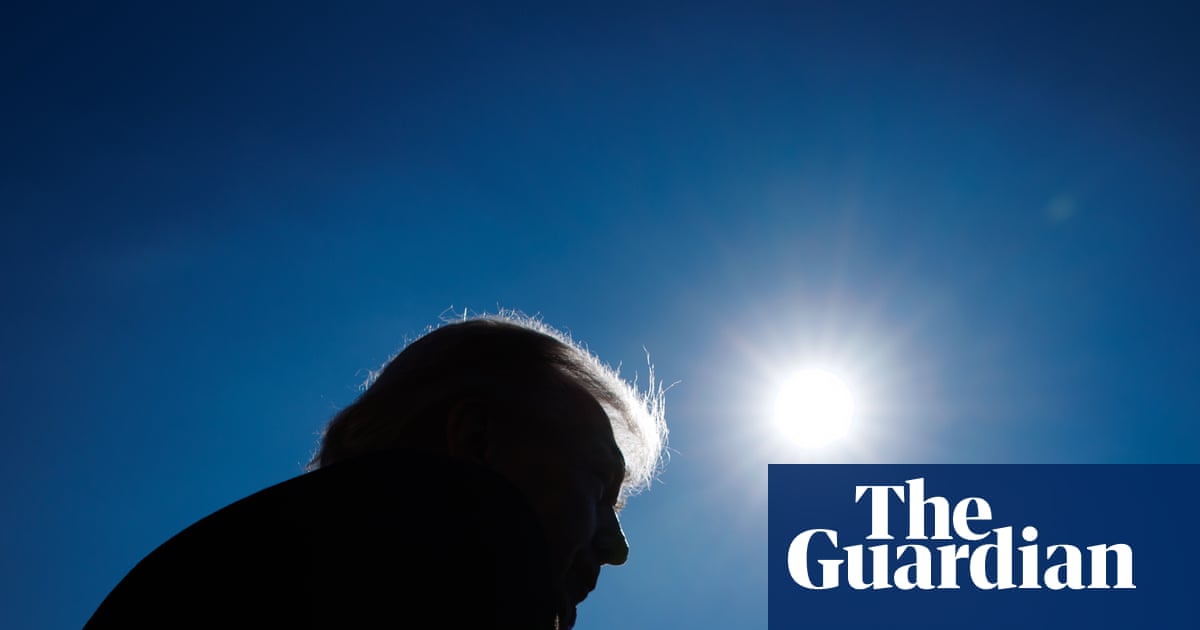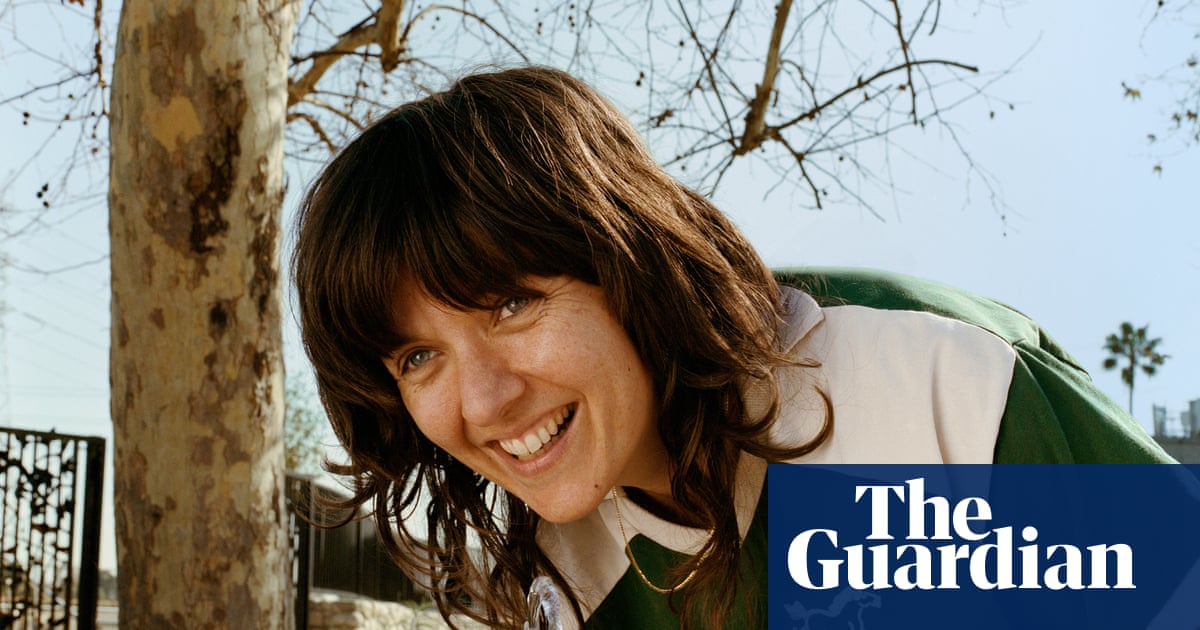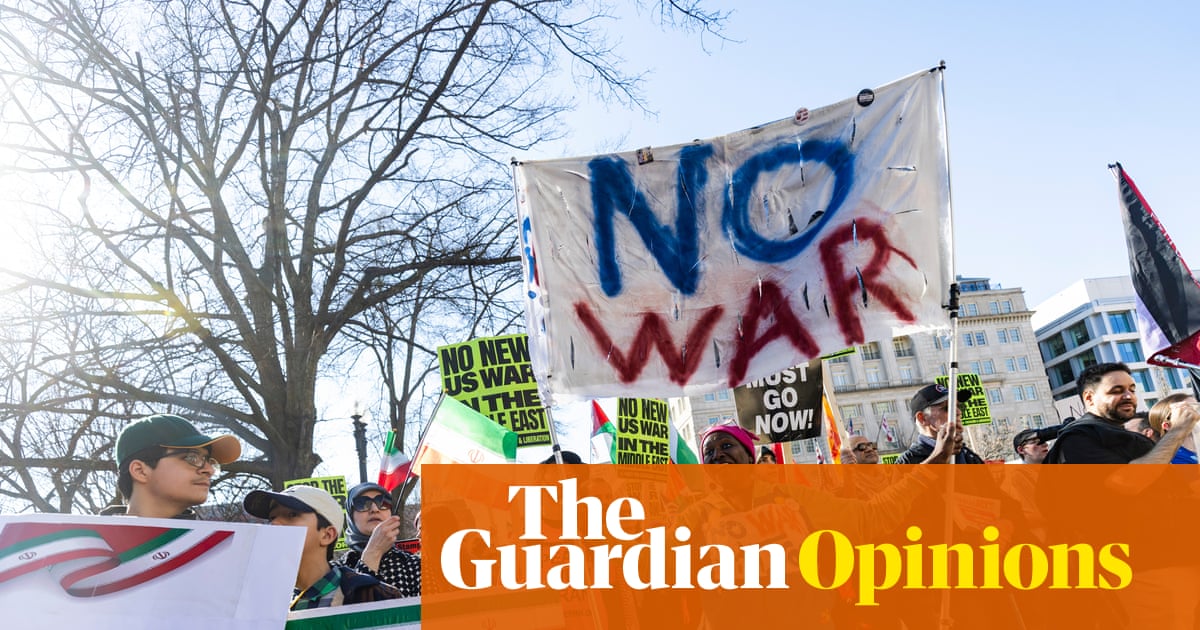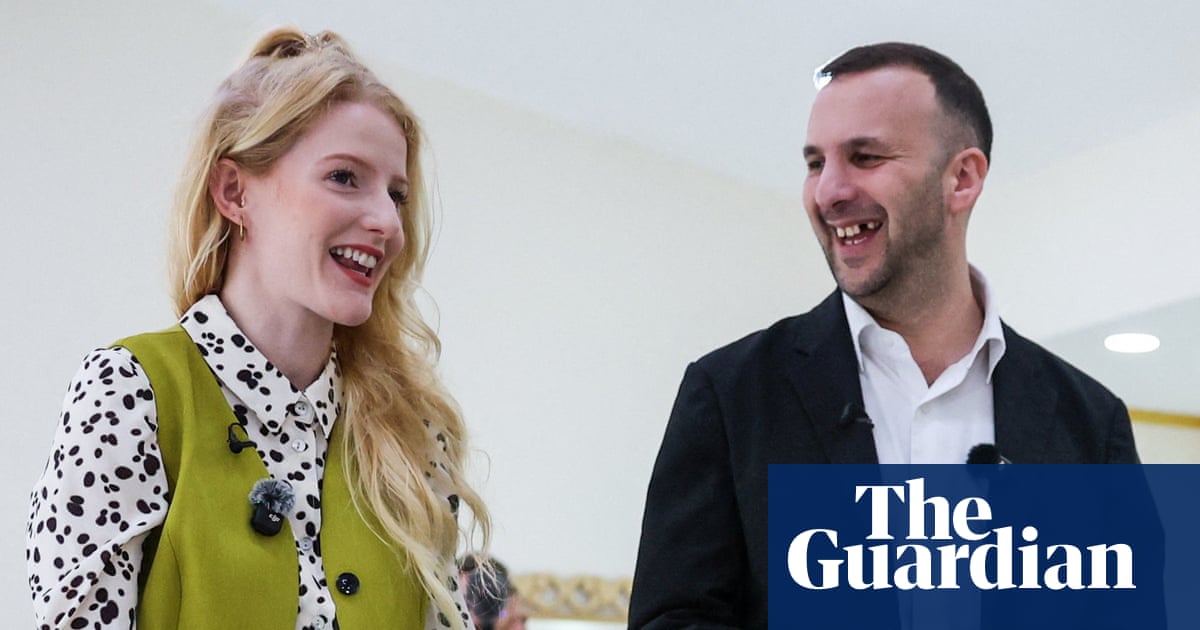We in the west used to play dirty – and during the cold war, we were good at it. Nowadays, we leave grey-zone tactics and hybrid warfare to Russia, which is winning the disinformation war. Europe’s pride in playing by the rules might just be democracy’s achilles heel.
The Berlin airlift is a good example of what we once did well – and have since forgotten. The cold war arguably began and ended in Berlin, bookended by the 1948-9 airlift and the fall of the wall in 1989. The former was the largest air relief operation in history. It supplied Berlin when Stalin tried to force out the western allies. In parallel, the west used radio (RIAS, or Radio in the American Sector, a precursor to the CIA-funded Radio Free Europe (RFE) and Radio Liberty), and strengthened soft power with cultural missions such as the British-staged Shakespeare in the rubble, and education through American-run libraries and courses.
The biggest western tool, however, was disinformation. The allied airlift cost the equivalent of almost $3bn today, and needed a persuasive narrative to win public support. It’s one that almost everyone still believes today: Berlin was blockaded, its land routes sealed, and women and children were starving.
Except, while there was an airlift of supplies, there was no Berlin blockade.
In the National Archives at Kew, I found documents from 1948 showing, in the Foreign Office’s words, “the blockade of Berlin is NOT a siege” and that “movement in and out of Germans is possible all the time”, for example to obtain food. A press campaign, however, pushed for “a massive and sensational story of air power applied to humanitarian ends”. The US secretary of state, George C Marshall, argued via telegram to “utilize to the utmost present propaganda advantage our position”, “stressing [Soviet] responsibility for … threatened starvation of civilian population”. The story was so effective, it became a cold war myth that stuck. In the UK, teenagers still learn for their GCSEs that Berlin was blockaded by Stalin and risked starvation.
Was it right to mislead the public in 1948 and 1949? No. Did it win full support in the UK and US? Yes. The airlift even won Harry Truman an unexpected re-election that November.
What have we learned – and unlearned – since then? European democracies pride themselves on being more truthful than the Russians (and the US). The integrity of information – transparency, facts, and evidence – builds trust. Western media need to be better than rumour mills and bots. And what’s happening in Russia is bad enough without embellishment.
Our tactics, however, could be tougher. We are losing the information war to Russia because tools we relied on during the cold war – many from the time of the airlift – are dying quiet deaths. Radio and news agencies set up to broadcast to eastern Europe are in the crosshairs: Trump tried to kill RFE and Radio Liberty. UK ministers are rightly accused of being “asleep at the wheel”, with the threats to soft-power funding, such as to the British Council. The German counterpart in cultural diplomacy, the Goethe Institut, is being stripped of funds. In the US, the Global Engagement Center, set up in 2016 to expose disinformation, was shut down by Trump earlier this year.
EU counterparts, such as the European External Action Service (EEAS) and the East StratCom Task Force, focus more on monitoring threats than taking offensive action. As the Royal United Services Institute warns, the west has failed “to come up with a meaningful response or strengthen its public outreach … to counter Russian disinformation efforts.”
Because Russia is winning hearts and minds, not just in Europe but also in the global south. Troll factories, cyber-attacks, deepfakes, and fake news campaigns – about dirty bombs and bioweapons being developed in Ukraine, for example – tip public opinion in regions where the west has lost its moral high ground. Putin calls the west’s tactics a “dangerous, bloody, and dirty game”, but he’s projecting. It’s the game he’s playing.
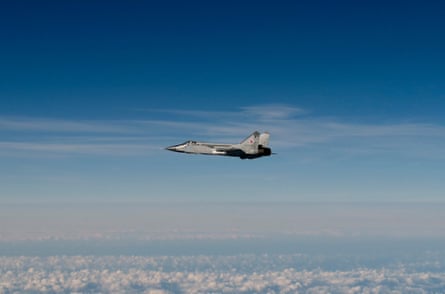
What would playing dirty look like? It would mean acting with the same zeal and guts that helped the west stand up to Stalin – and win. It would mean decisive action on the same lines as the EU’s 2022 suspension of Russian propaganda broadcasters, RT and Sputnik, and the US Cyber Command’s 2018 attack on a Russian troll factory, the Internet Research Agency, in order to stop midterm election interference. It would mean engaging hacktivists – because we rarely hear about western cyber victories against Russia – although this may be because they make “less noise”.
after newsletter promotion
Fears of escalation, and of tit-for-tat targeting of critical infrastructure, are legitimate fears. But as Russia sends out menace drones, testing Europe’s borders, we spend our time worrying rather than pushing back.
What we’ve lost most since the airlift, when the US and UK poured into Europe money, information power, and military might for the first time in peacetime, is mojo. We held back Stalin with a remarkable resilience, and one damn great, if not entirely true, story. It’s good we’ve grown more truthful, but not that we’ve lost fighting spirit. Many seem too weary and disenchanted to fight for democracy’s advantages.
That’s why, when it comes to (dis)information, the Russians can confidently say: “We’re winning.”
-
Joseph Pearson is a historian who lectures at the Barenboim-Said Akademie and New York University in Berlin. His book The Airlift, is out in the UK and comes out in North America as Sweet Victory, in December.

.png) 3 months ago
95
3 months ago
95

